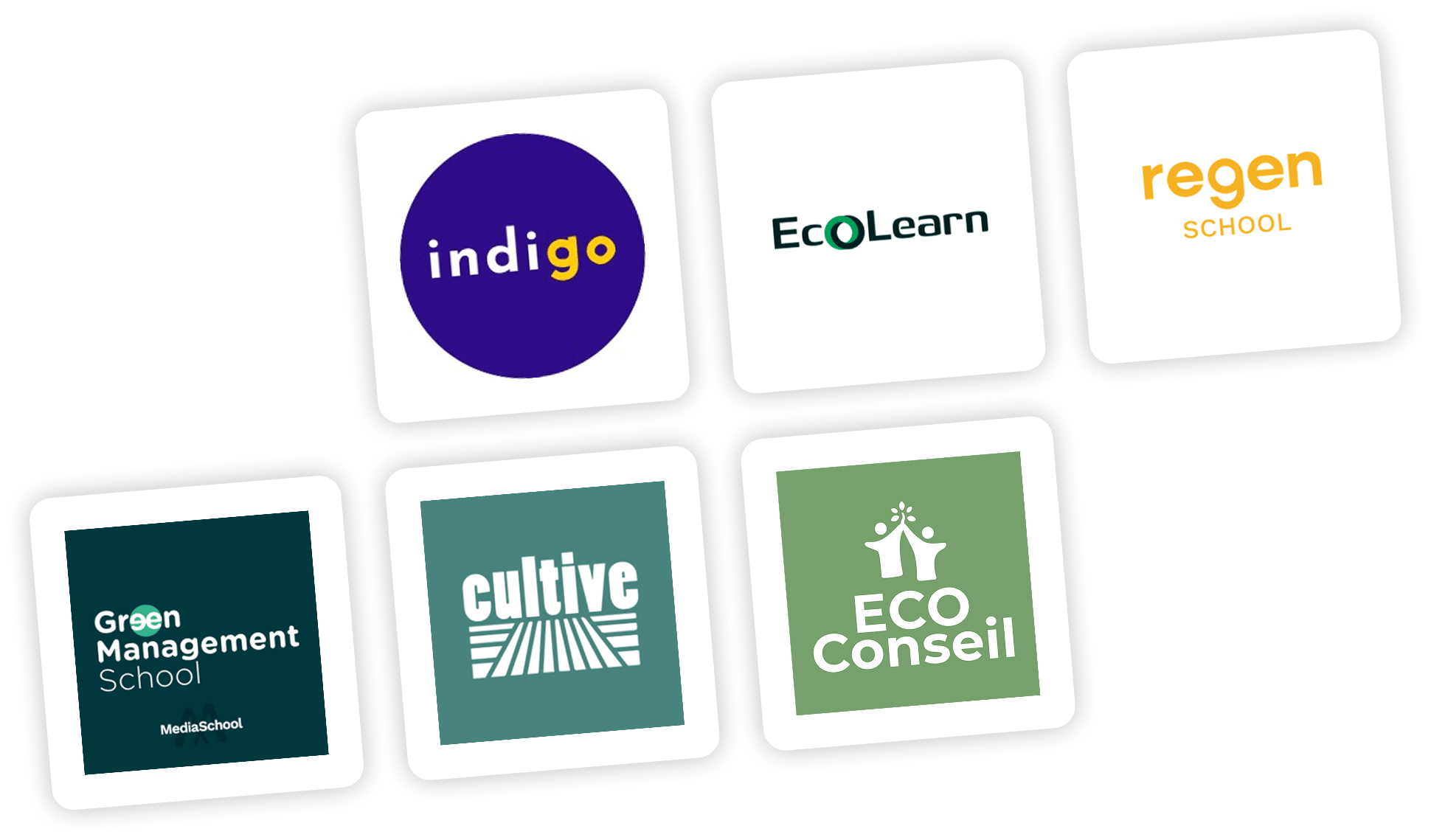Le développement de l'éolien offshore : un tremplin pour les emplois techniques et de haut niveau
With the ongoing energy transition and growing emphasis on renewable energies, the offshore wind industry is booming. Targets are to increase from 20 gigawatts in 2030 to 40 gigawatts in 2050. This development implies not only massive investment in infrastructure, but also a growing demand for qualified professionals to design, build and maintain these installations. According to the Pacte Éolien en Mer between the French government and the industry, 20,000 jobs will need to be filled, compared with 7,000 at present.

What training do you need?
The development of the offshore sector requires advanced technical skills and high-level training. Professionals in this sector need to master a variety of disciplines, from engineering and geophysics to complex project management. To meet this demand, training courses need to adapt their curricula and offer specialized courses.
Partnerships between companies and educational establishments also make it possible to offer internships and sandwich courses, providing students with valuable practical experience.
Which professions for which missions?
The development of the offshore sector is generating a multitude of job opportunities. In France, for example, the Syndicat des énergies renouvelables (SER) estimates that the sector could create between 15,000 and 20,000 jobs by 2030. These jobs cover a wide range of profiles, including :
- Offshore Energy Engineers: specializing in the design and implementation of offshore structures.
- Maintenance Technicians: Responsible for maintaining offshore equipment.
- Geophysicists: Assessing potential sites for the installation of wind turbines or oil platforms.
- Environmental specialists: Ensuring that projects comply with ecological standards.
- Project Managers: Supervising all construction and maintenance operations.
Opening up to the world
The offshore sector offers numerous opportunities both in France and internationally. What's more, skills developed locally can be exported, offering professionals international career prospects. Major French companies such as Engie and EDF Renouvelables play a major role in the development of offshore projects worldwide.
Focus on the job of Offshore Wind Project Manager
The offshore wind project manager is a key player in the development of offshore wind farms. This professional coordinates and manages the various phases of the project, from feasibility study to commissioning and maintenance. Skills required for this position include
- Project Management: Planning, budgeting and supervision of the various stages of the project.
- Technical skills: Knowledge of wind energy technologies and offshore infrastructures.
- Safety Standards: Mastery of international safety regulations and standards.
- Communication: Ability to interact with various stakeholders, including technical teams, regulators and investors.
Why work in marine engineering and offshore wind energy?
- Contributing to the energy transition: offshore wind power is a fast-growing renewable energy source, helping to reduce greenhouse gas emissions and combat climate change.
- Meeting technical challenges: marine engineering and offshore wind power are complex fields, requiring advanced technical skills and the ability to innovate. Marine engineers have to meet major technical challenges, such as designing structures capable of withstanding extreme conditions at sea, installing and maintaining wind turbines on the high seas, etc.
- Work in a growth sector: offshore wind energy is a fast-growing sector, with numerous projects underway or in development around the world.
- Working in an international environment: marine engineering and offshore wind energy are international fields, with projects often involving teams and partners from different countries;
- Be part of a dynamic professional community: marine engineering and offshore wind energy are constantly evolving fields, with many innovations and new projects under development. Marine engineers working in this field are part of a dynamic professional community, exchanging and collaborating to meet tomorrow's challenges.
The development of the offshore sector is not only a response to today's energy challenges, but also a major source of high-level, technical job creation. Specialized training and career opportunities both in France and abroad make this sector an attractive field for qualified professionals. Offshore wind power project managers, in particular, represent a promising career path, with prospects for development on a global scale.
Technological challenges and major scientific issues, taking action:
Run by Ecole Centrale Méditerranée in partnership with SeaTech, the Offshore Wind and Marine Engineering Specialized Master (IMEO) trains high-level managers in marine engineering, with a special focus on offshore wind power. You will address the key technological challenges and scientific issues in this sector. These include the development of resistant materials, offshore construction and maintenance techniques, and the efficient transmission of the energy produced. The scientific issues addressed in this course include understanding oceanic and meteorological dynamics, the environmental impact of marine infrastructures and optimizing energy production. Theory and practice alternate in this high-level specialization course to train sought-after expert managers.



